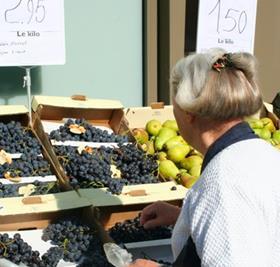
This week, France announced plans to ban “buy one, get one free” food deals in grocery stores across the country in order to guarantee a better income for struggling farmers and avoid ugly scenes like last week’s “Nutella riots”.
The move is part of a wider food and farming bill that aims to raise regulated minimum food prices and limit bargain sales in France, while also helping to tackle food waste.
The new measures, which will be put in place for a two-year trial period, forbid supermarkets from making discounts of more than 34 per cent, meaning that “buy two, get one free” deals would still be permitted.
However, Luca Bertoletti, European Affairs Manager at the Consumer Choice Center (CCC), a lobby group with links to the anti-regulation, ultra-conservative billionaire Koch brothers, argued that such measures aimed to help farmers and the agricultural sector while hurting consumers who rely on low prices.
“This is yet another instance of France putting its farmers’ interests above those of its own citizens,” she said. “Outlawing ‘buy one, get one free’ may enrich farmers, but it harms ordinary consumers who take advantage of these lower prices to buy food for their families.”
Agriculture Minister Stephane Travert, on the other hand, suggested that the move would “be a breath of fresh air for retailers, who will be able to trim their margins on other products and pay producers better”.
Research conducted in the UK in 2016 by the government-backed Money Advice Service found that shoppers spent an average of 21 per cent a week more than they planned as a result of misleadingly tempting deals.



